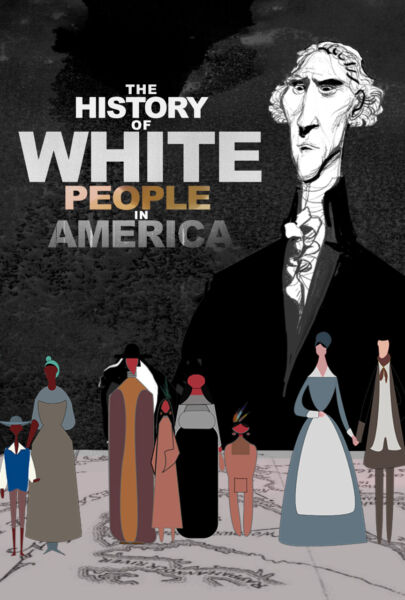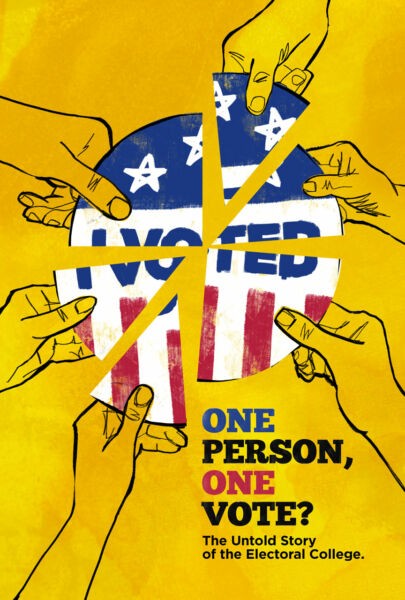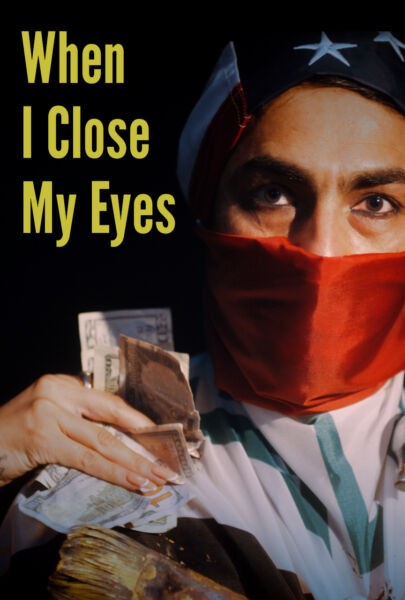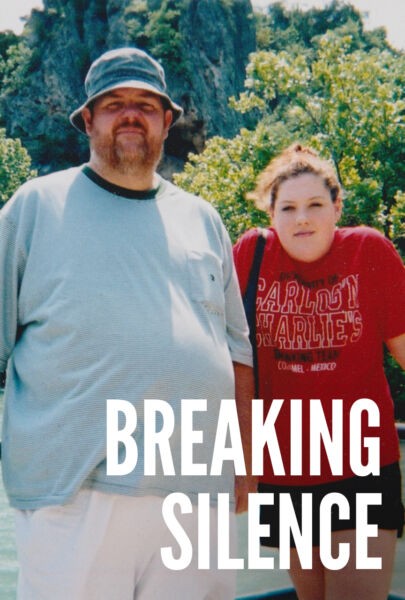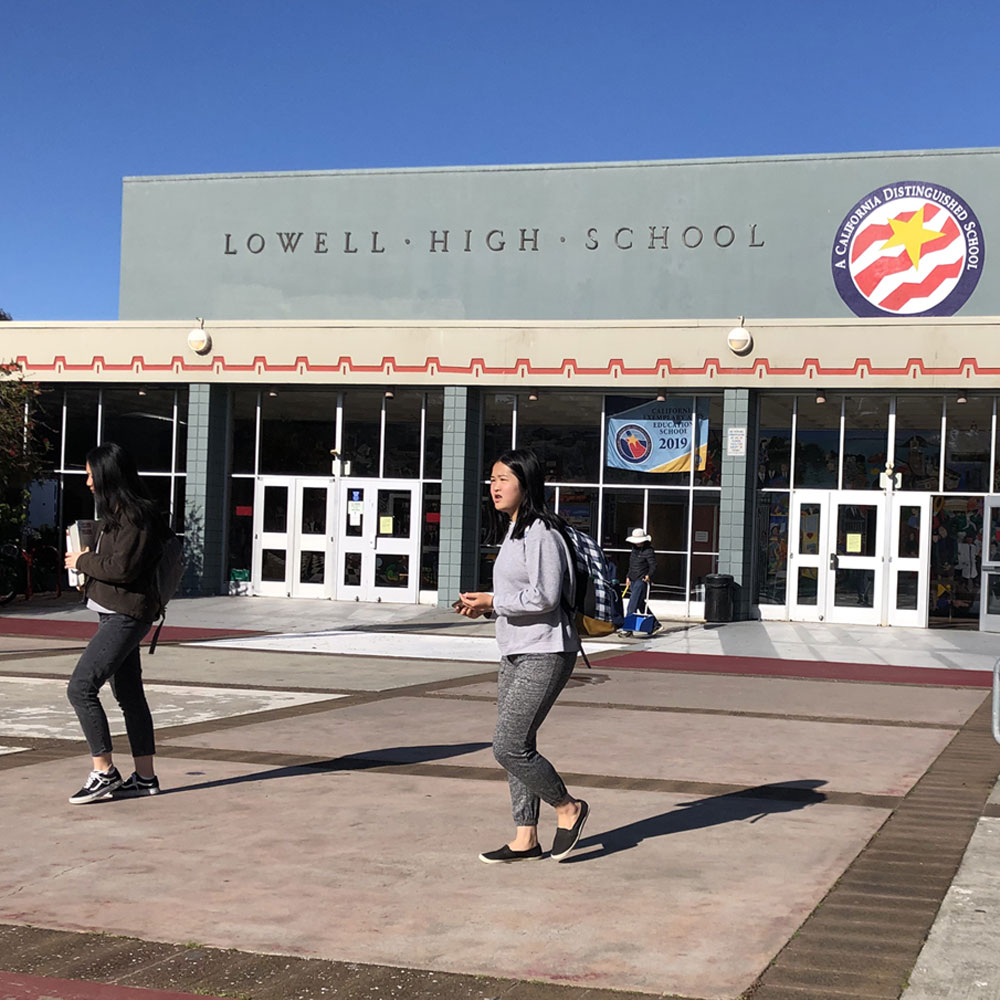
By Holly McDede
Bay Area filmmaker Debbie Lum’s documentary Try Harder! captures the unnerving pressure facing seniors at San Francisco’s elite Lowell High School, where students need high grades and top-notch test scores to get in.
Nearly half the students at Lowell identify as Asian Americans, and students seen in the film worry admissions officers view them as robots or, as one student puts it, “AP-guzzling grade grubbers.” Lowell students arrive wearing Stanford sweatshirts and leave baggy-eyed after soul-crushing college applications.
Alumni and parents consider Lowell a refuge for high-achieving students who want top-notch education but can’t afford private school. In the two years since filming for Try Harder! wrapped, Lowell has also become a flashpoint in a longstanding debate over meritocracy, education, and equity.

From Try Harder!: Students Alvan and Shea sit in Lowell High School hallway.
The San Francisco School Board’s vote to end grade-based admissions at Lowell last year led to lawsuits, drove a successful recall effort, and raised questions about what the future of this famously elite high school will look like.
To help you make sense of all of this, here’s a look back at a few of the key events that played out at Lowell over the taxing last two years.
Alums come forward online about sexual assault and racism at Lowell
In June of 2020, Lowell High School alums turned to Twitter to share allegations about sexual harassment and abuse by a former Lowell student. One alum tweeted “The Jig is up” and accused the school of pushing issues tied to students’ well-being under the rug.
Soon a wave of students came forward to describe experiences with racism, sexual assault, harassment, and struggles with mental health while at Lowell.
MORE:
“SF Students Are Still Pushing for a Reckoning With Sexual Abuse” (KQED)
A reckoning over racism
During an online lesson on anti-racism at Lowell in January of 2021, an anonymous user posted racist, antisemitic, and pornographic content. The Black Student Union at the school held a walkout over the incident and patterns of racism they had experienced at Lowell. Less than 2 percent of students at Lowell are Black.
The Black Student Union called for an end to the school’s grade-based admissions policy, which had already been temporarily paused when the district had eliminated letter grades during the pandemic.
At an emotional board meeting afterward, Shavonne Hines-Foster, a Lowell senior and student delegate for the school district, called for administrators to keep students safe.
“I try to be professional and keep it clean, but this has gone on for too long,” Hines-Foster said. “It’s not surprising to us, but it’s surprising to you because you don’t address it and you let it continue on. It’s ghetto, it’s raggedy, and it needs to be fixed.”
In response to demands from the Black Student Union, the San Francisco school board voted to permanently end merit-based admissions at Lowell High School.
MORE:
“Lowell’s Black Students and Alumni Push Elite SF School to Confront History of Racism” (KQED)
The recall and why Lowell was key
Alums sued in response, arguing the board violated the Brown Act by failing to properly notify parents ahead of their decision. In November 2021, a judge sided against the school district, forcing the board to rescind their vote.
Then three months later, on February 15, 2022, San Francisco residents overwhelmingly voted to recall three members of the school board in a special election. The recall was driven at least in part by the changes to admissions at Lowell. But the school board was also scrutinized for the slow pace of reopening schools after COVID-19 shutdowns, and a controversial effort to rename more than 40 schools with ties to racism or other injustices.

Lowell students crowd into a Heart in Motion (HIM) Club meeting. HIM is a “volunteer organization that provides leadership and volunteering opportunities to students from the SF Bay Area.”
What’s ahead for Lowell
For now, students are still admitted to Lowell High based on a random lottery system. But that could change because of the new school board appointees.
Adrianna Zhang, a Lowell senior, says a lot of students want a merit-based admissions process that also focuses on equity.
“I don’t think that many people are in favor of strictly merit where you’re only looking at grades. The majority of people I’ve talked to want it to be a merit-based system but with consideration about students’ background,” she said. “It’s a really difficult balance.”
Lowell’s status as a prized school is also threatened by district-wide cuts to Advanced Placement benefits. Because Lowell has the most AP classes in the district, the school is hit particularly hard, and is set to lose more than $2 million in funding.
Lowell Principal Joe Ryan Dominguez announced his resignation earlier this month, writing in a blistering farewell letter that his decision to leave the district is based on a desire to apply his “passion for education in a district that values its students and staff through well-organized systems, fiscal responsibility and sound instructional practices as the path towards equity.”
English teacher Stephanie Crabtree said Dominguez had fought to save jobs at Lowell even when the odds were stacked against the school.
“There’s always this focus or stigma about Lowell, they think we get special treatment, but we don’t,” said Stephanie Crabtree. “We’re still a public school. We still serve public education students and the people who are really hurting are the teachers and the students.”

In the meantime, the demographics at Lowell are beginning to shift under the lottery-based system, with the share of Black and Hispanic students growing, and the percentage of white and Asian students decreasing.
Gabrielle Grice is a junior at Lowell, a member of the school’s Black Student Union, and vice president of her class. She’s hopeful that with an increase in diversity at the school, freshmen won’t experience the same agony she felt arriving on campus.
But she says the overall culture of competition at the school hasn’t changed.
“Lowell is still Lowell,” she said. “It’s still considered the top high school in the city, so whether or not you got in the lottery or merit, you still have expectations to meet.”
UPDATE (June 2022):
“Lowell High School admissions will return to merit-based system after S.F. school board vote” (San Francisco Chronicle)
Lowell High School admissions will return to merit-based system after S.F. school board vote, from @jilltucker https://t.co/uW23hbF19Z via @sfchronicle #Lowell @sfusd
— Nanette Asimov (@NanetteAsimov) June 23, 2022
Holly McDede is a producer and general assignment reporter at KQED radio in San Francisco, where she has focused on student-led activism tied to racial and gender justice in the Bay Area. Before that, she was a justice reporter for KALW public radio, covering everything from inequities in the cannabis industry to a court for unruly dogs in San Francisco.















